Exploring FM Circuit Technology
FM circuits stand at the forefront of frequency modulation technology, enabling the transmission of radio signals by varying the frequency of a carrier wave in accordance with the message signal. This foundational technology is pivotal in various applications, from FM radio circuits to sophisticated communication systems.
Types of FM Circuits
The diversity of FM circuits, such as fm transmitter circuits and fm receiver circuits, caters to a broad spectrum of uses. Transmitter circuits, including fm radio transmitter circuits, are designed to send radio signals, while receiver circuits are tailored to capture and process these signals. The fm tuner circuit is a specialized variant, fine-tuned to select desired frequencies, proving essential in radio and audio devices.
Applications and Features
FM circuits are integral in various devices, with applications ranging from simple fm radio circuits to complex pll fm transmitter systems. The fm modulation circuit is a key component in these systems, modulating audio signals for transmission. Meanwhile, the fm demodulation pll (Phase Locked Loop) is used for the precise demodulation of signals in FM receivers. The versatility of FM circuits extends to educational projects, such as building a fm transmitter simple circuit, which serves as a practical introduction to the principles of frequency modulation.
Materials and Advantages
FM circuits are composed of various electronic components, including resistors, capacitors, and integrated circuits like the tda7000, a popular FM radio IC. The advantages of using FM circuits include their resistance to signal degradation and noise, providing clear transmission of audio content. Additionally, the technology behind fm modulator and demodulator systems ensures the integrity of the signal is maintained from source to receiver.
Choosing the Right FM Circuit
Selecting the appropriate FM circuit requires consideration of the application's specific needs. For instance, a 10 km fm transmitter circuit would be suitable for long-range transmission, whereas a smaller scale fm mixer circuit might be used in audio engineering and broadcasting. It is crucial to assess the range, fidelity, and compatibility of the FM circuit with existing systems to ensure optimal performance.
Integration in Modern Systems
The integration of FM circuits into modern systems is seamless, with applications in traffic management through battery charging for traffic warning signs, as well as in marine and automotive sectors for boat and caravan power solutions. The adaptability of FM circuit technology allows for its incorporation into a wide array of electronic systems, enhancing functionality and reliability.
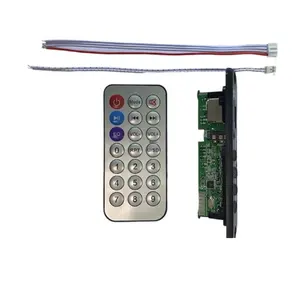


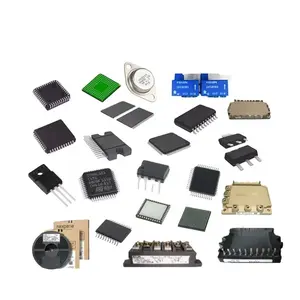








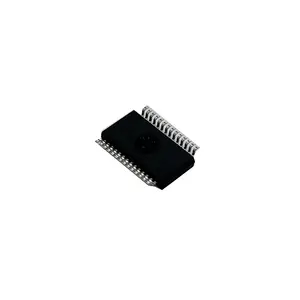
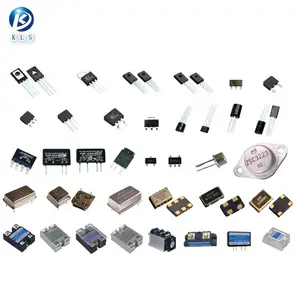
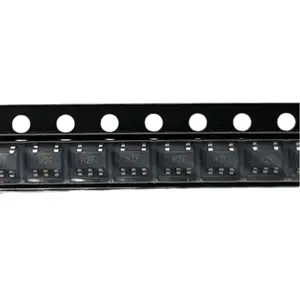

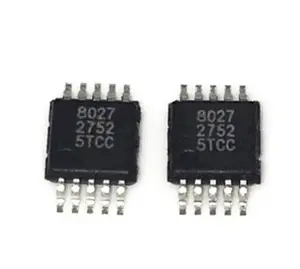
























 浙公网安备 33010002000092号
浙公网安备 33010002000092号 浙B2-20120091-4
浙B2-20120091-4